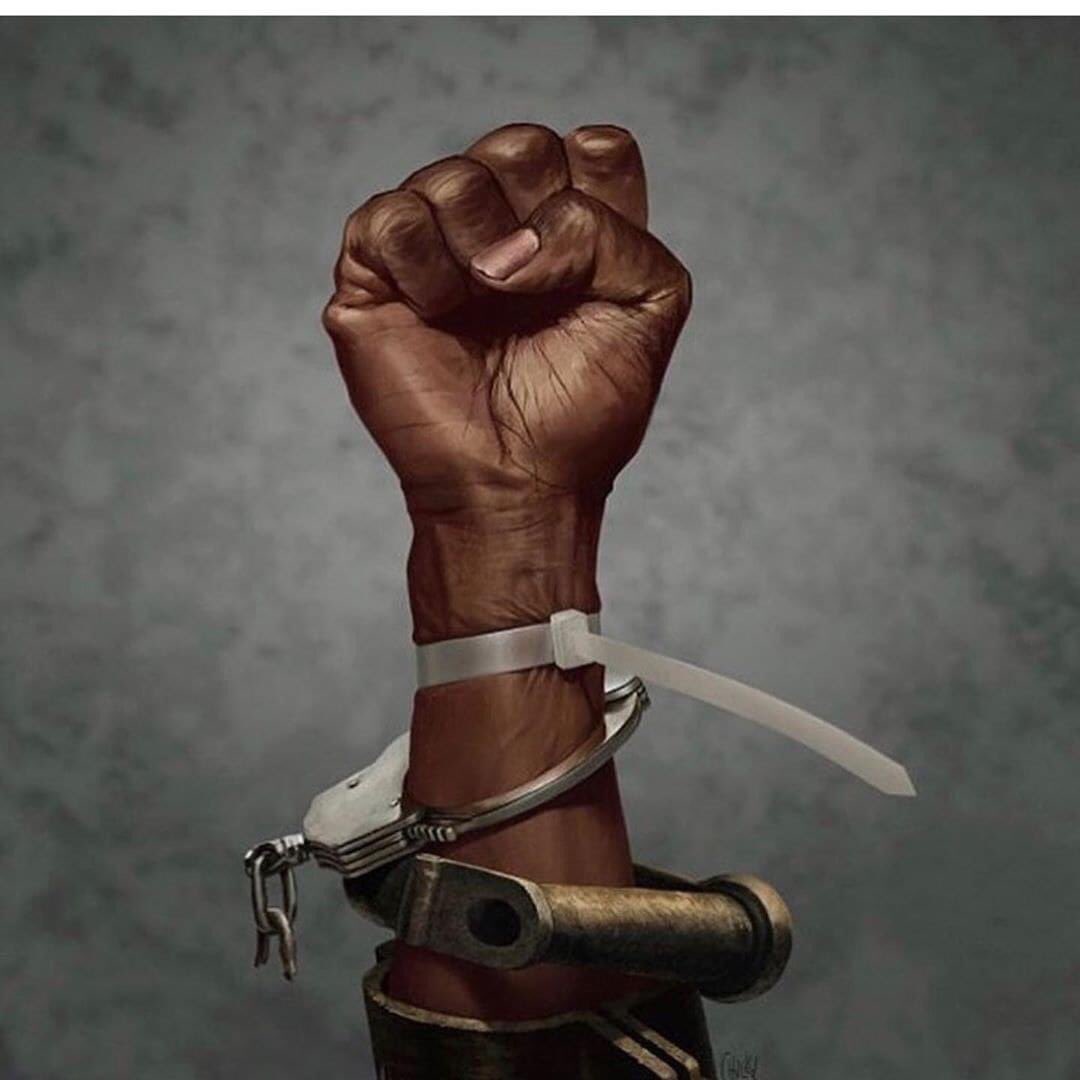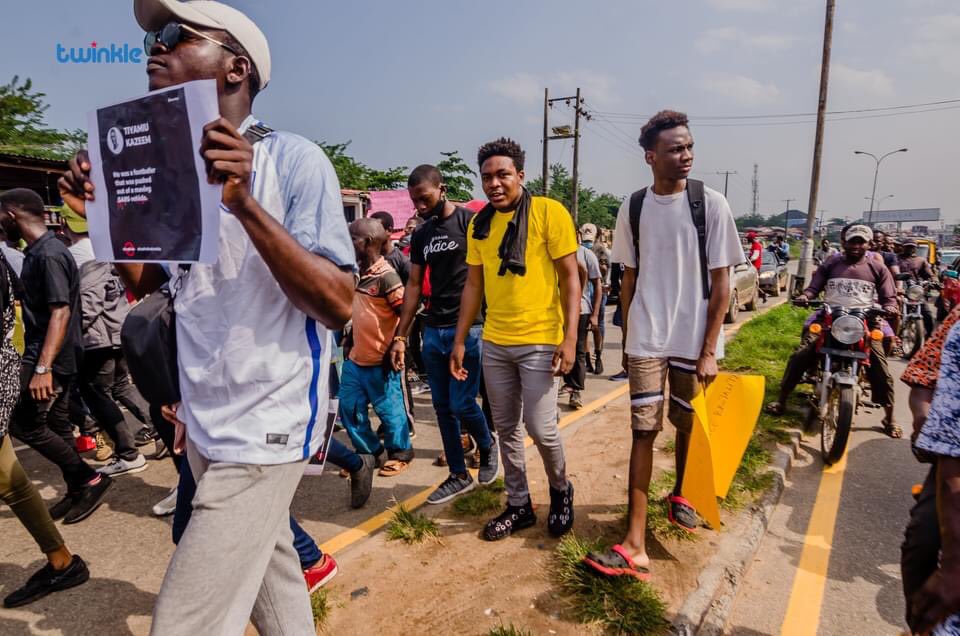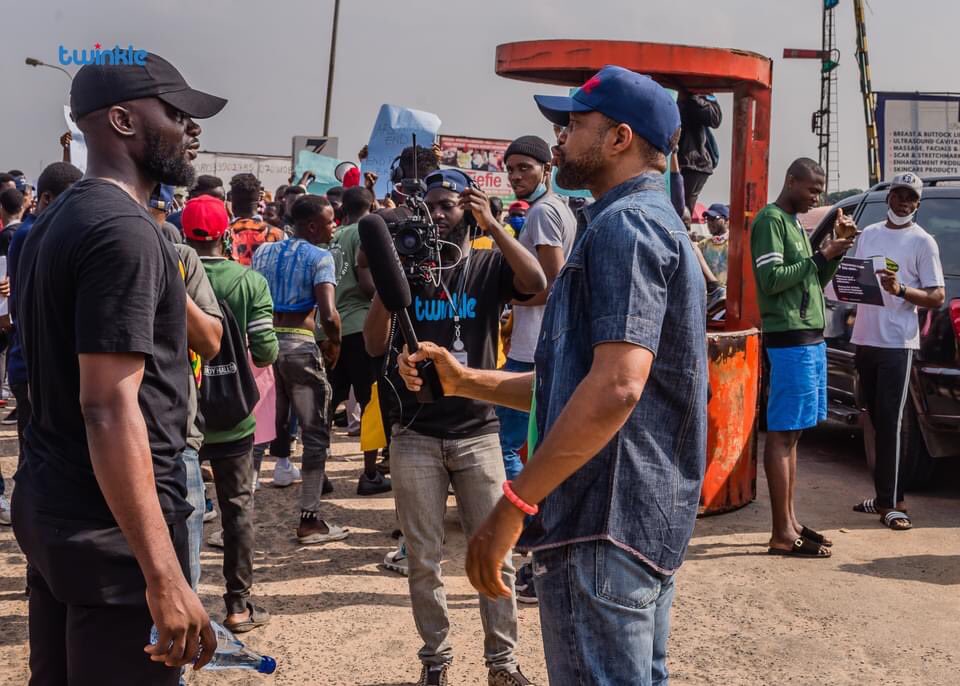ON A LONELY ROAD
I don’t know the last time you walked on a curvy lonely road lined with trees on both sides. A road where birds render songs with the passion of a music maker. That kind of road that reminds you of stories of love.
I don’t know the last time you walked on a curvy lonely road lined with trees on both sides. A road where birds render songs with the passion of a music maker. That kind of road that reminds you of stories of love.
Walking on the road is experiencing the warmth of the womb of nature. The trees and their leaves scent like a glorious morning.
On this road I saw a child walking wearingly, searching for the place to find her needs. From her frailed look, she had walked miles.
On this road I saw a child walking wearingly, searching for the place to find her needs. From her frailed look, she had walked miles.
I was shocked to see a child on the road. She was relieved when she saw me. I took her hand and asked where she thought she was going. She told me there is a market where she will buy the things her parents cannot afford.
I told her there was no market in that direction. She said if she didn’t find one, she would build one and start a trade. I told her nobody will buy from her as no one comes to the road except those who have planted seeds in the womb of nature.
I told her to take me to her parents for us to negotiate a new path for her. She was not interested in my admonition. She continued her journey, like I was an obstacle on her path.
I yelled at her, “You are going towards a violent river.”
I yelled at her, “You are going towards a violent river.”
She turned and yelled back, “Leave me alone. I have to go to that river to learn how to fish.”
“You will be drowned,” I warned.
“I will not be drowned. I can swim,” she assured me.
She fends for herself because her parents cannot take care of her. She is on her own.
“You will be drowned,” I warned.
“I will not be drowned. I can swim,” she assured me.
She fends for herself because her parents cannot take care of her. She is on her own.
She has taken her destiny in her palm and has plunged into the river. As she dares the river, those in the corridors of power grow poverty. Somebody had better do something before the venom in her becomes the snake that stings the light out of the future.
#TheFuture.
#TheFuture.
• • •
Missing some Tweet in this thread? You can try to
force a refresh




















